Your donation will support the student journalists of North Cobb High School. Your contribution will allow us to purchase equipment and cover our annual website hosting costs.
I’m coming out
December 16, 2015
The notion of “coming out,” popularized in the past 50 years, defines the process in which lesbian, gay, bisexual, transgender, queer, intersexual, and asexual (LGBTQIA+) members decide to tell others what they identify as. The act of opening up affects people in different ways, typically ranging from anxiety to pride.
One’s sexual identity impacts his or her life majorly. Even though coming out never truly ends, it gets easier the more you do it. NC students all possess their own struggles and story to tell, but their sexuality defines them positively.
If you are struggling with your sexual identity, you can visit a 24 hour hotline here.
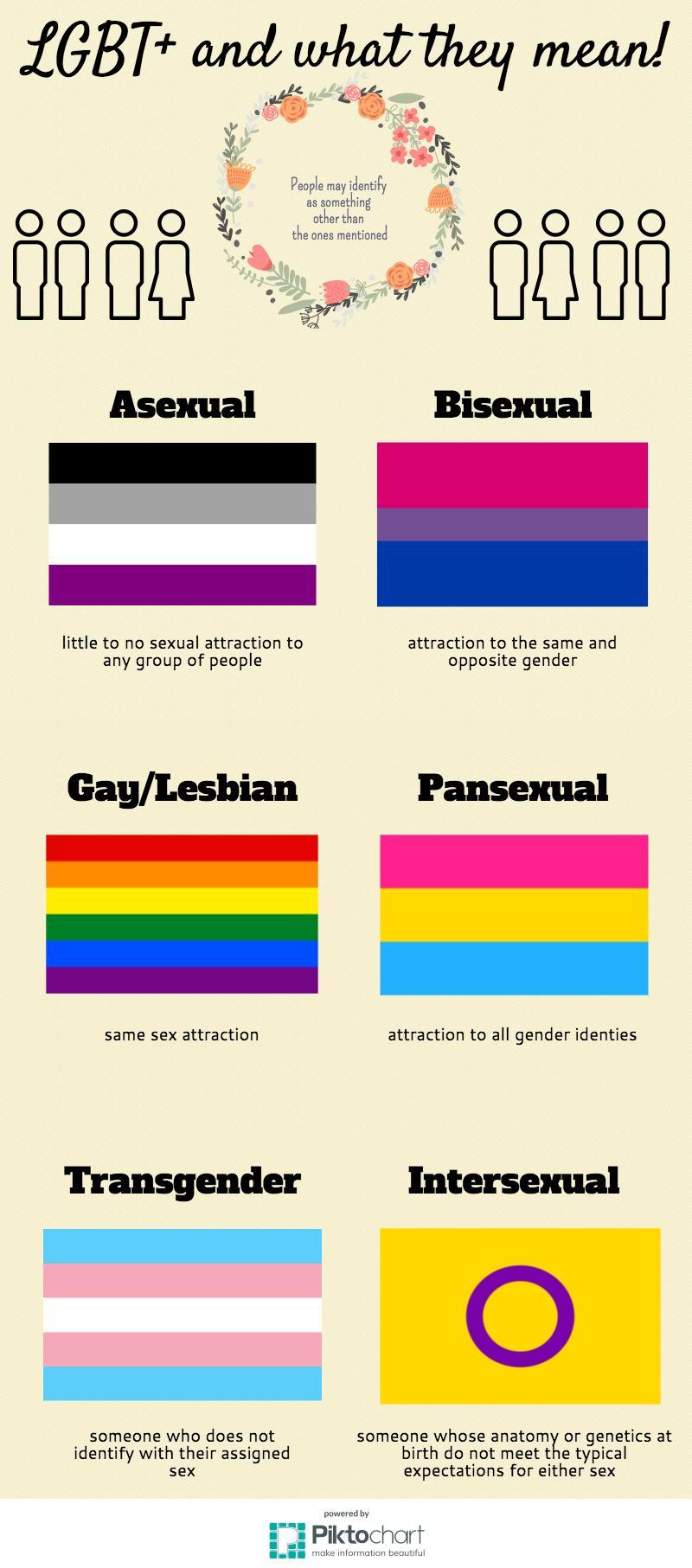
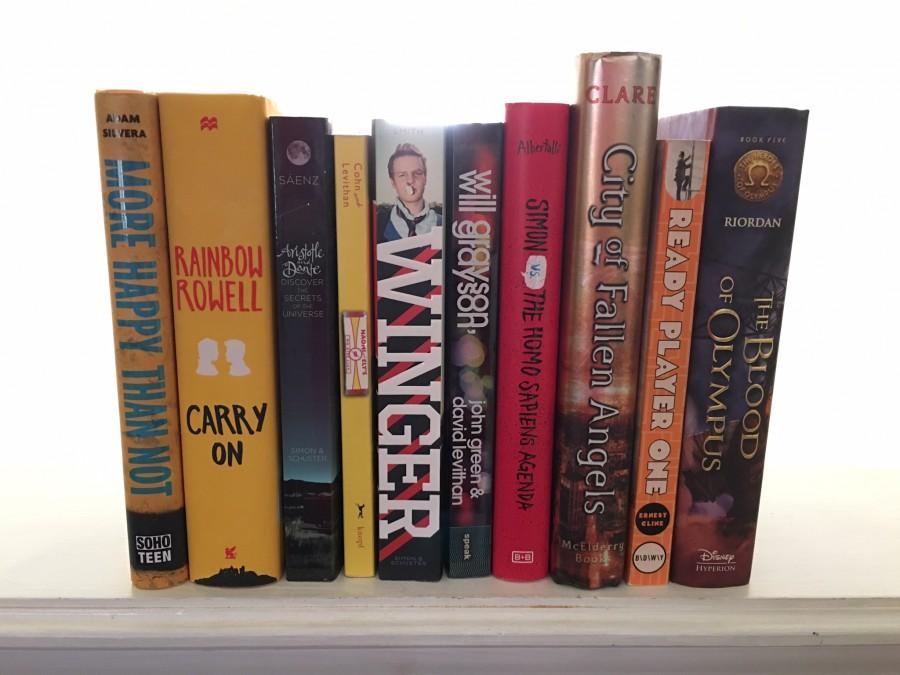
LGBT+ characters have gotten more popular in Young Adult novels, helping young readers relate their feelings.
“I actually tried to convince myself I was just confused”
Monica Ruechel came out as bisexual, a orientation often overlooked, fairly recently. Her friends proved that they were accepting and kind, even when she revealed something personal about herself.
For NC senior Monica Ruechel, coming out helped improve her life.
Ruechel first came out as bisexual in seventh grade to a boy she was dating. Considering the grade level, not everyone understood bisexuality. Ruechel herself did not even truly grasp the full concept. “I just knew I was attracted to girls in the same way I was attracted to guys,” said Ruechel.
Stigmas exist surrounding bisexuality, including the notion that bisexuals are “just confused” or going through a phase. Ruechel tried to convince herself that she fell into this category.
“I actually tried to convince myself I was just confused. I’m Hispanic, so that’s not super accepted in our culture. On top of that, my family is Catholic, so that’s not accepted in our religion either. I started coming out to people in large amounts over the summer after spending at least 4 years trying to convince myself that I was imagining things, or that it was a phase that would pass. It just never did,” said Ruechel.
Bisexuality remains overlooked in media, with characters who are bisexual being rare to nonexistent. This affects the way people react to someone identifying as bisexual.
“No one really learns that much about what it means to be bisexual, so people have had a hard time understanding it and adjusting to it. There’s always a lot of questions involved with people learning about my sexuality since no one has an idea of what it means. They also try to fit me into some sort of category because that’s what the human mind does, and it doesn’t work for them since an attraction to both males and females doesn’t fit into their little boxes,” Ruechel said.
Not only did coming out help improve Ruechel’s struggles with anxiety and depression, it also helped Ruechel realize who her real friends were.
“I actually lost a really close friend over that. He was like a brother to me and we told each other everything and when he found out, he said some pretty harsh things to me because his religious beliefs conflicted with my sexuality,” Ruechel said. Even though negative reactions could occur, they can still help a person grow stronger.
To some, coming out can seem like an unnecessary hardship. For now, heterosexuality seems to exist as the most accepted sexual orientation.
“People should just not worry about other people’s sexual preferences as long as those people are happy,” Ruechel said.
“I am the ‘token gay friend'”
Jordan Watt came out to his parents when he was 13 and recently came out to his friends and classmates. He fights being a stereotype and wants everyone to know that he should not be treated as a token gay friend.
Similar to Ruechel, sophomore Jordan Watt came out as a young teenager. He first told his parents at 13. Coming out can seem terrifying no matter what the circumstances are.
“I was anxious because I grew up in a Christian conservative family. When I told them, they were surprised, and it took them a while to get used to, but they told me it doesn’t matter and that they love me. The day after I told them, it was very weird to talk to them, but I felt a lot less stressed. From then on it has been a lot easier to tell people,” Watt said.
Homosexuality stereotypes remain common in television and movies. Many gay characters appear extremely flamboyant, fashionable, or just serve as a girl’s best friend. This often impacts the way people treat a gay person.
“I am the ‘token gay friend’ for some people, and they won’t shut up about how I’m gay. Like yeah, I get it if it’s relevant to the conversation, but I talk to some people who won’t stop mentioning it. I hate it because I am disregarded as a human being. Also, if anybody is extremely flamboyant, fashionable, or a girl’s best friend, they are devalued even more by the straight community for fitting the stereotype and the LGBTQIA+ community for enforcing the stereotypes,” said Watt.
The media plays a bigger role in how people react to someone coming out than most people realize: “It is the norm in the media to be straight. The only queer kids portrayed occasionally are usually skinny white gay guys, which is good for me, but not for anybody else who is [transgender], [bisexual], [pansexual], [polysexual], etc,” Watt said.
When viewers constantly see something on television, it becomes hard to believe that it might not encompass the whole truth. Many more sexual orientations beyond just gay and straight exist, but they often get overlooked.
“I know people who are bisexual and asexual, and people often ignore their sexuality because they think it is made up to seek attention. Then, they are labeled as gay or straight because ‘those are the only two sexual orientations’,” Watt said.
Luckily for Watt, he received mainly a positive reaction when he came out. People started to become more open with him.
“They seemed to trust me a lot more because I was honest with them,” said Watt. Of course, not everything will be positive. “Lots of people have been very accepting. At the same time I still have to tell some people and I have had to detach myself from toxic people,” said Watt.
“I didn’t know I was gay”
Katelynn Riner first came out in seventh grade and now most people know of her sexuality. Her classmates know that she has more to her than just her sexual orientation and are accepting.
Like Ruechel, junior Katelynn Riner first came out in seventh grade as bisexual.
“It was one of those things where I came out as bisexual first because I didn’t know I was gay. But honestly none of us probably knew what we were talking about in seventh grade so I’m not surprised they were cool with it,” Riner said.
Katelynn then later had to come out again, this time as gay. As she reached high school, coming out became a different process.
“Coming out was either a lot easier or a lot harder. All of my friends and most people in Magnet are so open minded and accepting so that was the easiest part. It was harder as well because I couldn’t be quite as open until this year and not even completely because of volleyball. I knew that the girls on my team just wouldn’t understand, so I basically just kept it from them until they figured it out themselves. But now, maybe it’s because I’m older or they’re older or we are all closer, but some of them are so accepting and helpful so it has gotten easier,” said Riner.
For people witnessing someone coming out, it can feel confusing. Someone who identifies as straight will never completely understand what coming out entails. Instead of talking behind someone’s back about their sexuality, talking directly to them remains the easiest route.
“I don’t necessarily blame them, but I also wish if they had questions they would have just asked me,” said Riner.
People automatically have internalized ideas of what boys and girls should act and dress like. Most people probably do not even realize that they are unconsciously enforcing stereotypes and gender roles. Even though Riner’s mom accepts and loves her, she still enforces gender roles herself: “She refuses to buy me boy clothes and I can tell that she doesn’t like when I wear girls clothes that basically makes me look like a boy. And she won’t let me cut my hair,” Riner said.
Coming out remains a difficult process for everyone. The revealer always worries about what could go wrong. To Riner, the hardest part about coming out was “…not knowing who you’re going to lose. Whether it’s family or friends.”
“She wanted me to prove my sexual orientation”
I came out a few months ago to only a few people. Even though I am still partly in the closet, I feel better about who I am and my sexuality.
Unlike the rest, I did not come out at a young age. Nonetheless, everyone succeeded in finding a support system when they did. I first came out as bisexual over dinner with two people I had recently befriended. I always thought that I would tell someone that I knew for years and felt especially close to, not people that I just met this year.
I almost felt pressured to come out to my long-time friends, as if they would feel betrayed if I did not come out to them first. Nevertheless, coming out at that time helped me realize that I did not need years of friendship to feel ready to come out, I only needed people that I trusted.
A coworker first questioned me after I came out. Not because of the way I portray myself or stereotypes, but she wanted me to prove my sexual orientation. She consistently asked how I knew I liked girls if I never dated one.
To her, my sexual orientation could not appear valid until I dated a girl. It proved practically impossible to explain that sexuality does not work that way. When I finally convinced her that I can identify as bisexual without having been with the same-sex, she instantly tried to set me up with any queer girl she knew. Just because I like girls does not mean that I like every girl.
I grew up in a Christian home with my family actively going to church twice a week. I decided that I did not believe in this religion before I realized that I that I did not identify as straight.
When I told my mom that I did not believe in Christianity, she reacted in a way that frightened me from coming out to her.
I am still not openly out to my parents. Neither of my parents are homophobic, and I know that they will accept me, but I am still afraid that they will judge me. Beliefs do not matter when coming out, but my comfort level with the person does. Even though I consider my mom my best friend, I still cannot find the strength to tell her. I want to feel completely certain and comfortable with what I identify as before I tell my parents.

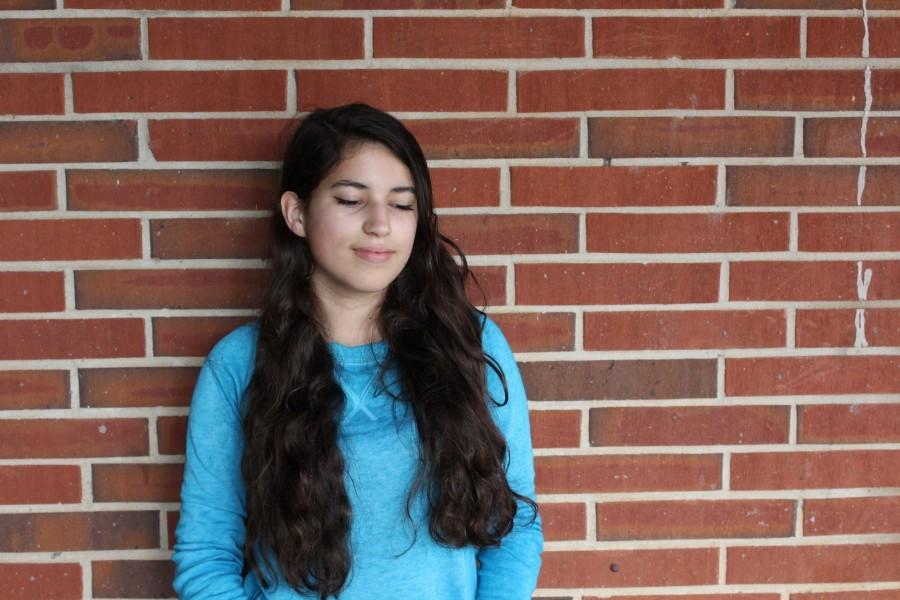
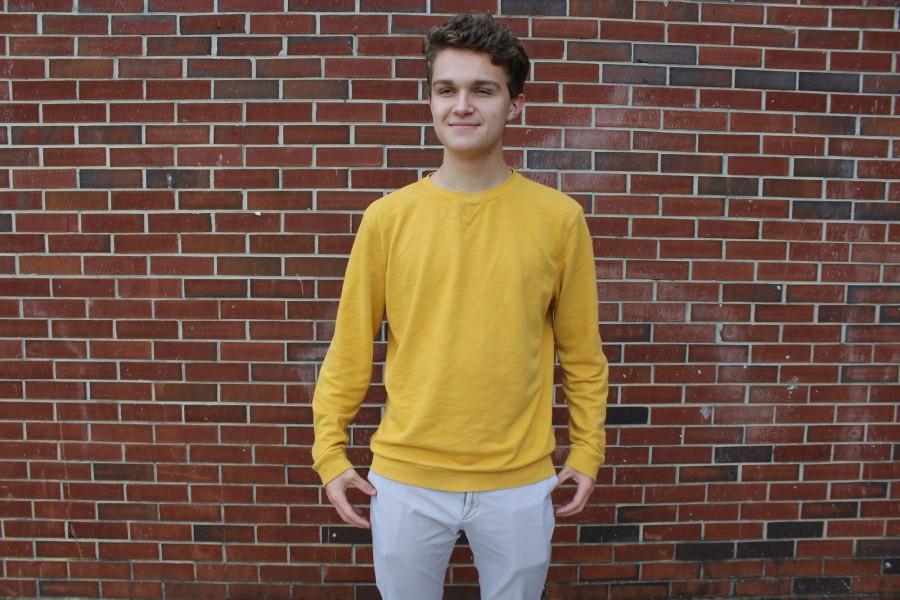
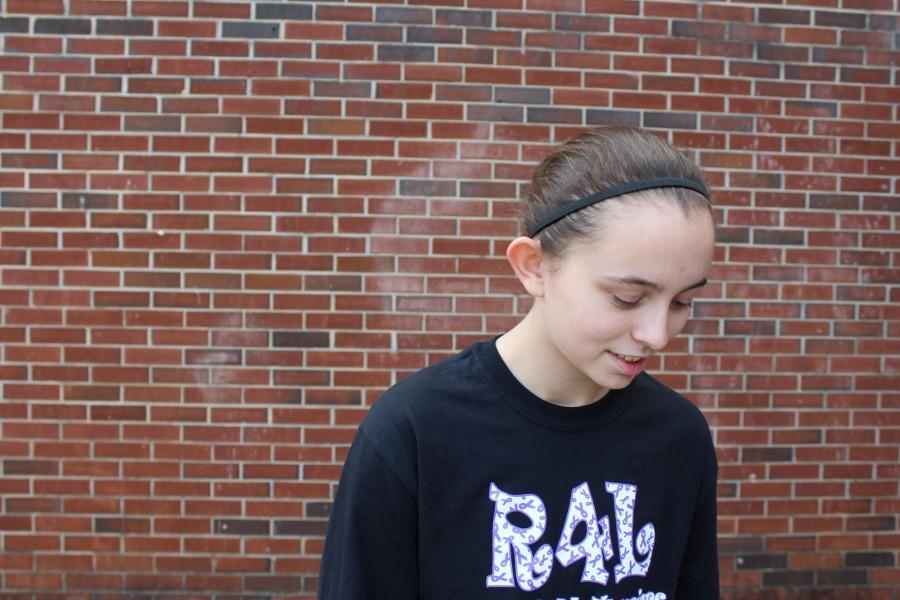
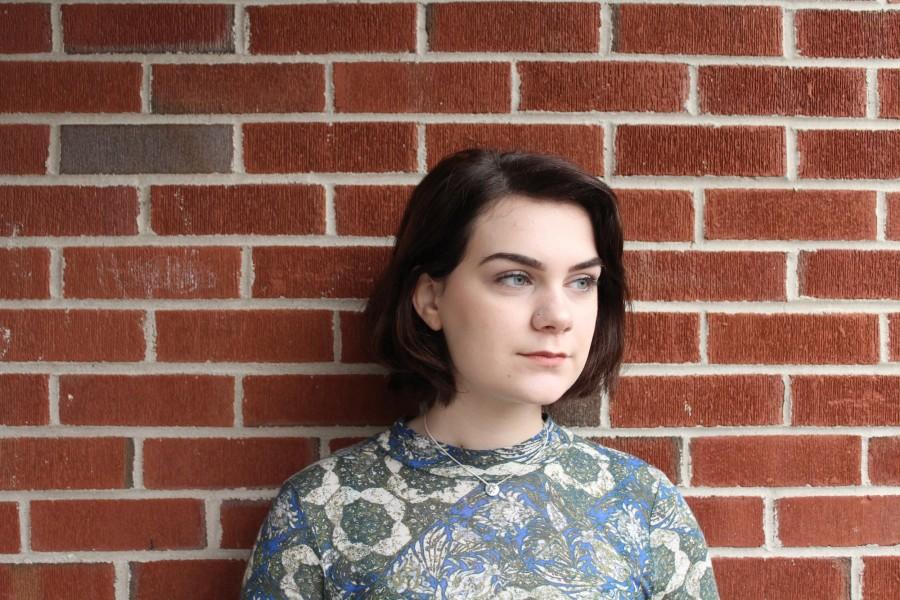
Fatima Elfakahany • Feb 3, 2016 at 12:17 PM
Great job, Allison!